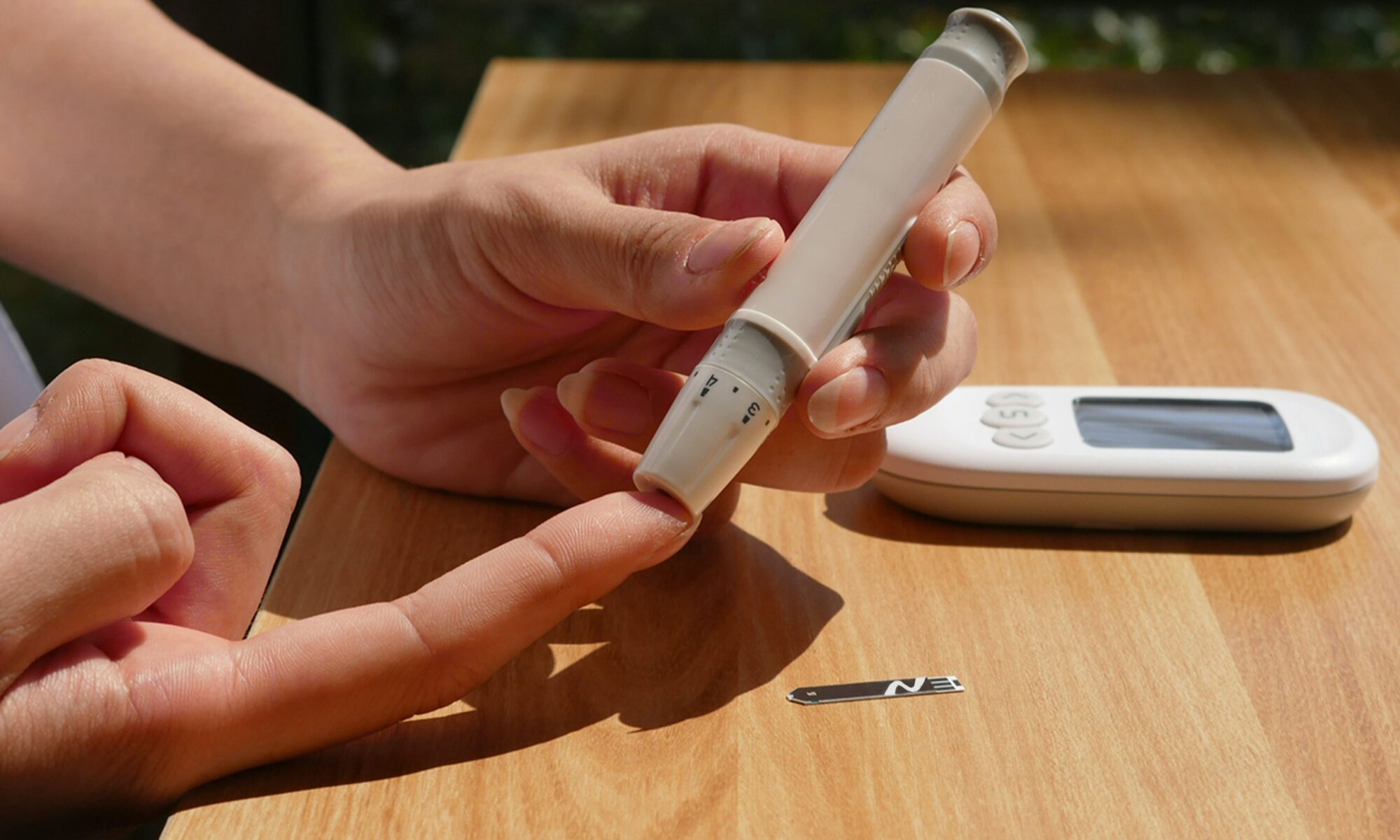Scientists understand a lot about the foundational cells that make up the body, but even still, they are always learning and discovering more. For instance, the body’s immune system is made of up B cells and T cells. These cells identify foreign invaders in the body – such as germs – and then attack and destroy them or create antibodies. In individuals with type 1 diabetes, these cells mistakenly destroy insulin-producing beta cells.
However, a recent study shows that scientists have discovered a hybrid cell that is a combination of both B cells and T cells. Not only does the surface of the cell have B cell and T cell receptors, it also expresses genes from both types of cells. In addition, these cells contain a unique genome sequence in B cell receptors that was only found in the cells of individuals with type 1 diabetes. Though some healthy individuals had this hybrid cell, they did not present with this specific B cell receptor sequence.
Upon further investigation, they found that this dual expresser cell binds very tightly to the HLA-DQ8 molecule, which is believed to play a major role in triggering the body’s attack on insulin-producing beta cells. Since this occurs in the early stages of type 1 diabetes development, researchers are interested in the potential for this discovery to one day support early diagnosis or prevention of the disease.
However, there are still many unanswered questions that exist. Scientists do not yet understand exactly how, why, when, or where the hybrid cells develop. While T cells originate in the thymus, B cells come from bone marrow and lymph nodes. Scientists are unclear where the overlap may occur that would combine these two distinct cells. They are also unsure why these dual expresser cells would go on to target insulin production.
This is the first time that this type of cell has been identified, so there is still a great deal of research that needs to be done. No one is exactly sure what this could mean for future understanding of type 1 diabetes and treatment options. That will come as more studies are done and more in-depth research is completed.
The Diabetes Research Connection (DRC) is excited to see where this discovery leads and the type of studies it generates. Though not involved with this study, the DRC provides critical funding to early career scientists for novel research projects related to type 1 diabetes. This is an integral part of advancing understanding and treatment of the disease.




